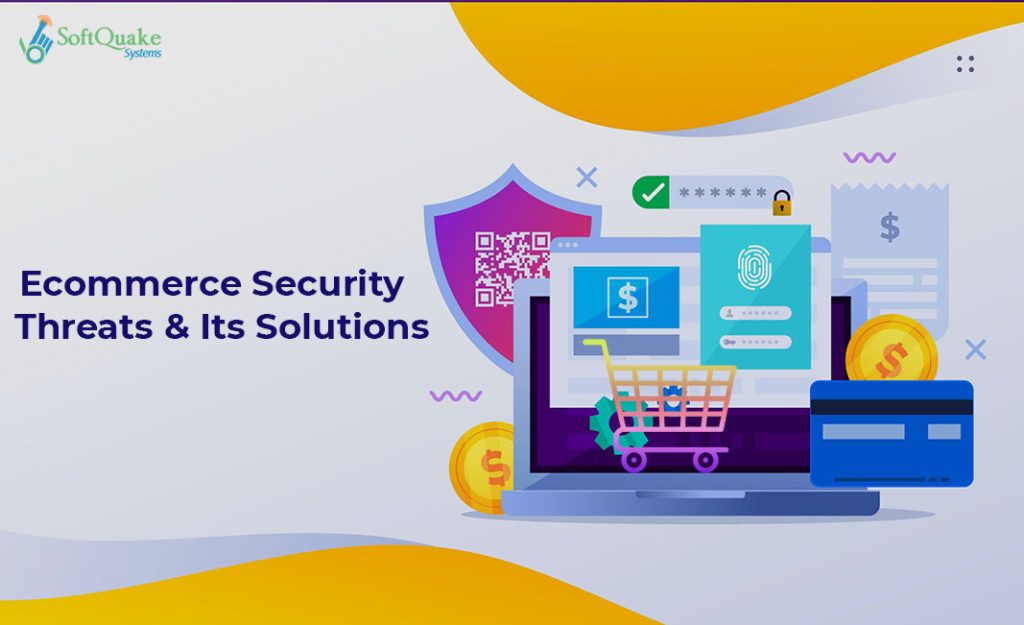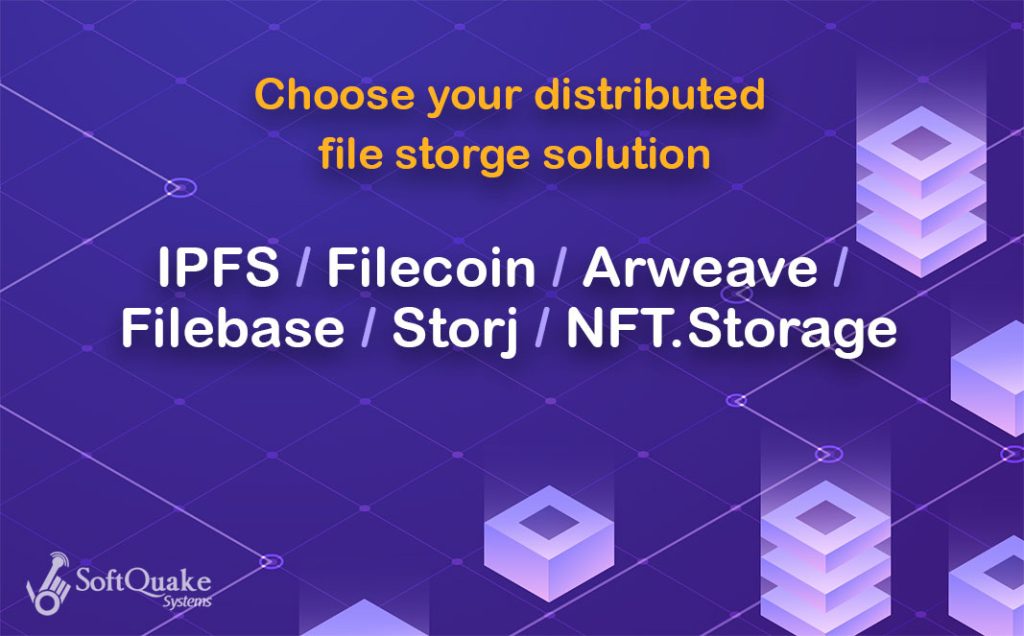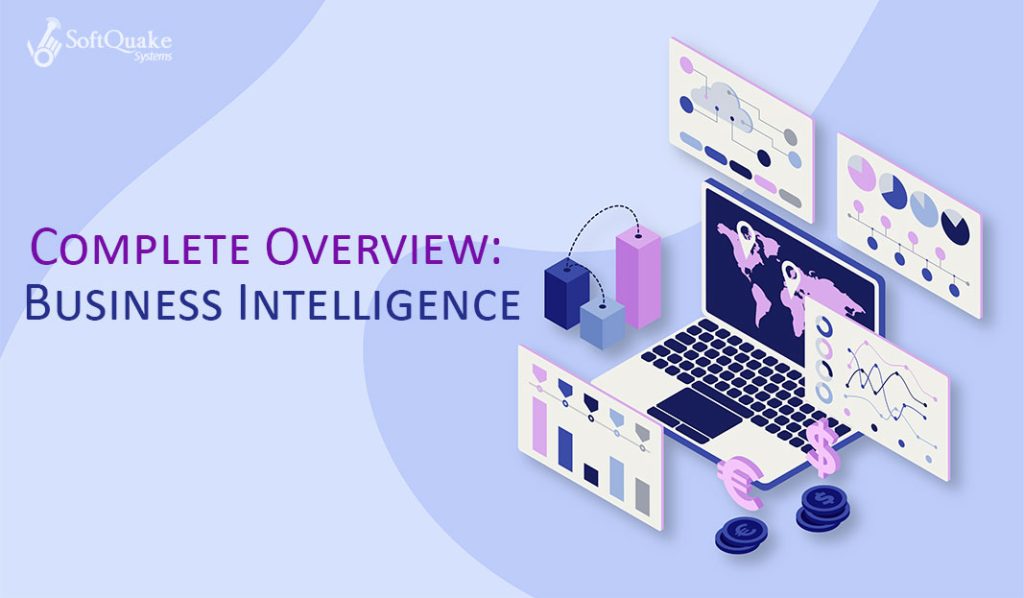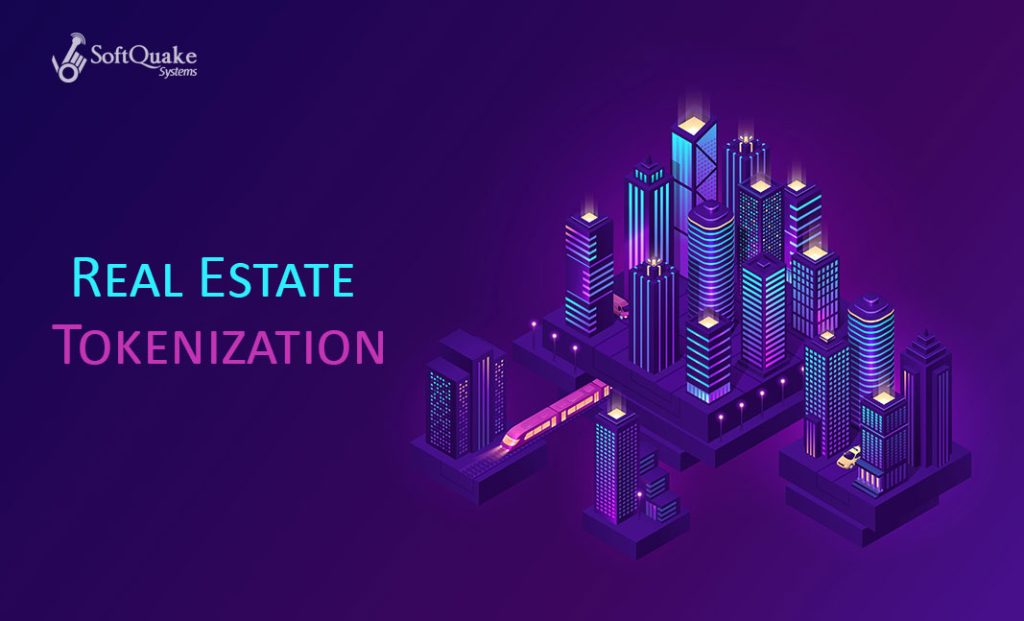Blockchain technology is rapidly transforming the transportation and logistics industry, bringing about a new era of transparency, efficiency, and security.
Blockchain Applications in Transport and Logistics
- Enhanced Tracking and Visibility: Real-time tracking of goods throughout the supply chain becomes possible. Blockchain creates an immutable record of every step a shipment takes, from origin to destination, providing all stakeholders with visibility into location, temperature, and other critical data.
- Streamlined Documentation: Paper-based processes like bills of lading and customs clearance can be digitized and automated using smart contracts on a blockchain platform. This reduces errors, delays, and administrative costs.
- Improved Efficiency: Automating tasks through smart contracts eliminates manual data entry and reconciliation, streamlining operations across the logistics network.
- Reduced Fraud: The tamper-proof nature of blockchain makes it difficult to forge documents or manipulate data, minimizing fraud risks associated with counterfeit goods or shipment rerouting.
- Faster Dispute Resolution: With a clear and immutable record of transactions on the blockchain, disputes regarding ownership, delivery, or damage can be resolved faster and more transparently.
The Future of Blockchain in Transport and Logistics
- Integration with IoT and AI: Combining blockchain with Internet of Things (IoT) sensors and artificial intelligence (AI) can further enhance real-time tracking, predictive maintenance of vehicles, and dynamic route optimization.
- Trade Finance Innovation: Blockchain can facilitate secure and efficient trade finance processes by streamlining letter of credit transactions and automating payments upon delivery confirmation.
- Decentralized Logistics Networks: Blockchain could pave the way for the emergence of decentralized logistics networks, where independent carriers and service providers can connect and collaborate more efficiently.
- Sustainable Supply Chains: Blockchain can promote sustainable practices in logistics by enabling transparent tracking of eco-friendly practices and ethical sourcing of materials.
Challenges and Considerations
- Scalability: Current blockchain platforms might not be able to handle the massive amount of data generated in global logistics networks.
- Standardization: Standardization of data formats across different transportation and logistics companies is essential for seamless information exchange on a blockchain network.
- Regulation: Clear regulations regarding data privacy and ownership on blockchain platforms are still evolving, particularly across international borders.
- User Adoption: Encouraging widespread adoption among all stakeholders in the transport and logistics industry requires addressing concerns, building trust, and demonstrating the technology’s value proposition.


 +91 8420731759
+91 8420731759















